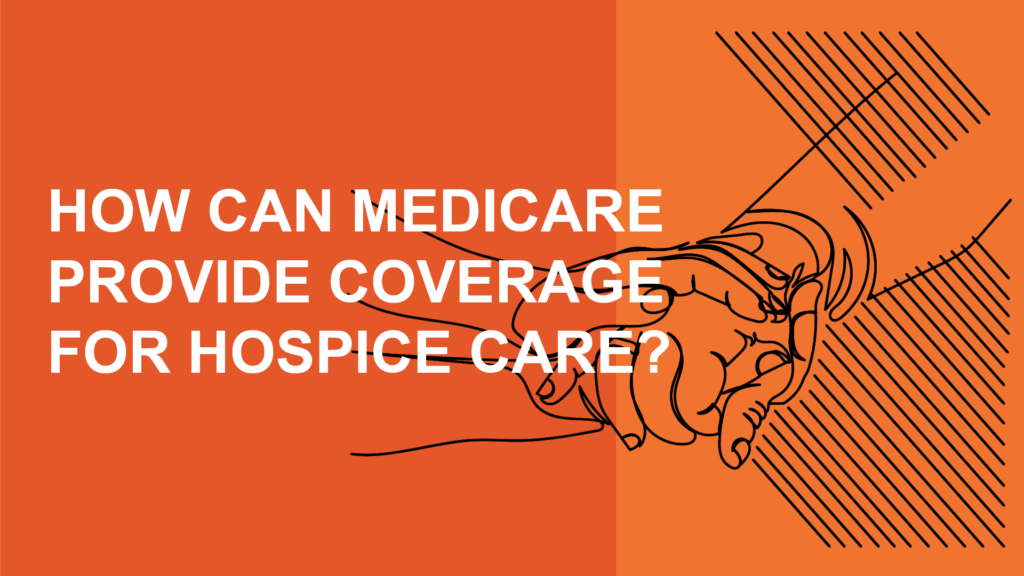When does Medicare cover hospice care?
Medicare provides coverage for hospice care once you and your doctor have certified that you have a terminal illness and will no longer be pursuing treatment intended to cure your condition.
If you have Medicare Part A, Medicare provides coverage for hospice care when:
- Your hospice doctor and primary care doctor certify that you are terminally ill, with a life expectancy of six months or less
- You accept palliative care instead of care that would attempt to treat or cure your illness
- You sign a statement choosing hospice care over the available treatments covered by Medicare that would treat your illness
What services are covered under hospice care?
Hospice care under Medicare covers a number of services because it’s intended to manage your pain and other symptoms associated with the illness. Your hospice team creates a plan of care, and that can include a wide range of services, including doctor’s services, nursing and medical services, durable medical equipment intended for pain or symptom management, medical supplies, drugs for pain and symptom management, aide services, physical therapy, occupational therapy, speech-language pathology, social services, dietary counseling, spiritual and grief counseling for both you and your family.
Medicare also covers short-term inpatient care for pain and symptom management. You can also receive inpatient respite care in a Medicare-approved facility, for up to 5 days at a time. Medicare will also cover services in your care plan that your hospice team recommends for your pain and symptom management.
What services are not covered once you begin hospice care?
Once you’ve begun hospice care, Medicare will not cover treatment or prescription drugs intended to cure your terminal illness. You have the right to stop hospice care at any time, so if you and your doctor decide to pursue treatment, you can end hospice care.
Make sure you receive care and services only through your hospice team and the care plan they created. You can still see your primary doctor if they’re supervising your hospice care, but all hospice care must come from your hospice provider.
Medicare will not pay for room and board while you receive hospice care outside of short-term inpatient or respite care services chosen by your hospice team.
What are your costs for hospice care with Medicare?
Most Medicare beneficiaries pay $0 in premiums for Part A, based on their work history or eligibility. For hospice care specifically, you have no costs for your care. You should anticipate copayments of only 5% for specific expenses related to your hospice care.
For inpatient respite care you receive, you might be charged a copayment of 5% of the Medicare-approved amount. That cost will not be higher than the regular Part A inpatient hospital deductible ($1,600 in 2023).
While in hospice care, you may be prescribed outpatient drugs for pain or to manage your symptoms. Your copayments for these drugs covered by your hospice care are up to $5. If those drugs are not covered under your hospice care, your Part D might cover it. You will be required to pay for any drugs or services that aren’t covered by your insurance.
While in hospice care, you may experience health problems that aren’t related to your terminal illness. Your normal Medicare coverage will pay for any treatment as it usually does.


